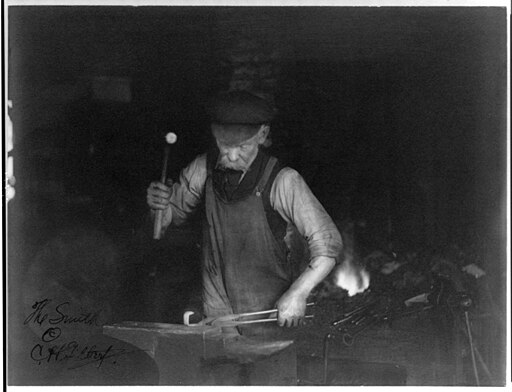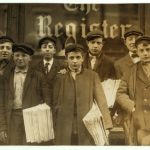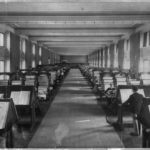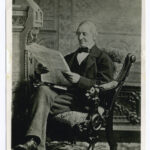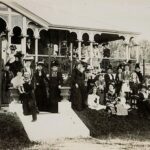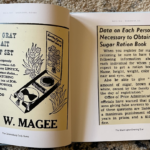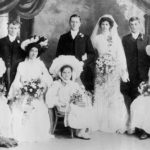Newspaper Hacks to Uncover Your Family’s Career Secrets
When delving into family history research, many people focus on birth, marriage, and death records, census data, and photographs to piece together their ancestors’ lives. However, one area that can add rich detail to your family narrative is learning about your ancestors’ job. Occupation-related information not only sheds light on how your ancestors made a living but also offers a glimpse into their daily lives, societal roles, and the economic condition of their time. One often overlooked resource for uncovering this information is old newspapers.
Understanding the Role of Occupations in Family History
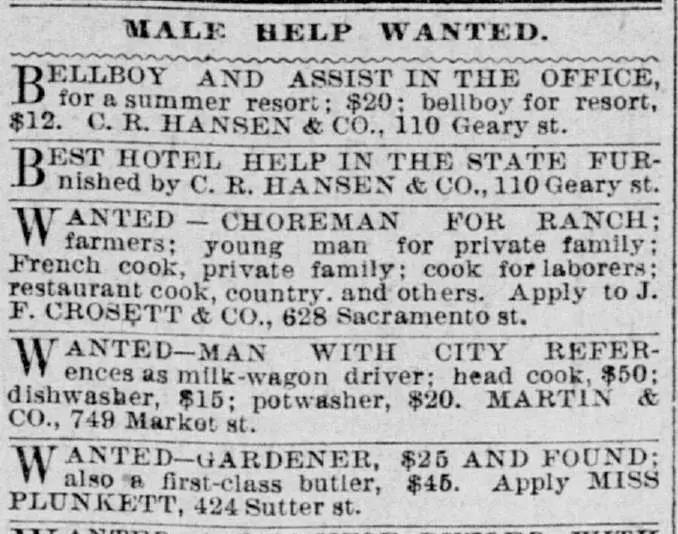
An ancestor’s occupation can tell you a lot about who they were. Whether they were a blacksmith, teacher, farmer, or factory worker, understanding their job gives context to their lifestyle, social standing, and even the communities in which they lived. Occupations can also explain why a family may have migrated, why children were educated in a certain way, or why specific skills or traditions were passed down through generations.
Why Newspapers?
Newspapers, especially local and regional publications, were the social media of their day. They reported on everything from major events to the minutiae of daily life. This makes them an excellent source for occupation-related information that might not appear in official records. Here’s what you might find:
Job Advertisements
One of the most direct sources of occupation-related information in newspapers is job advertisements. These ads can give you an idea of what kinds of jobs were available in a particular area and what skills were in demand. If you know your ancestor’s occupation, you might find ads for their services or similar positions. This offers insight into the terms of employment, wages, and job requirements.
Business Directories and Listings
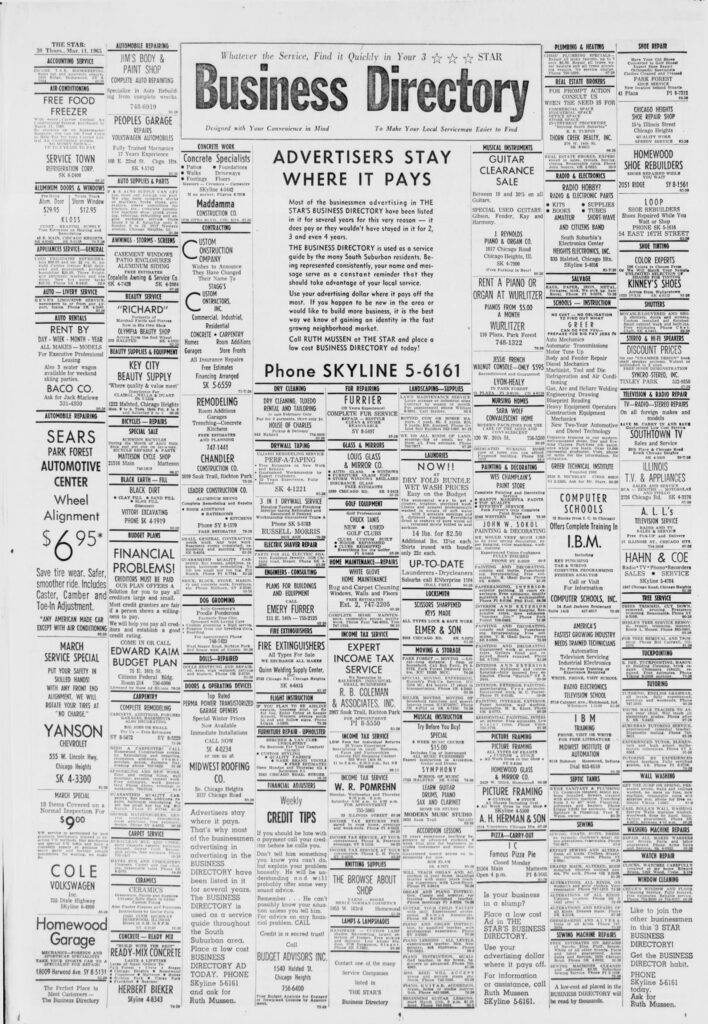
Many newspapers included directories of local businesses, often categorized by industry. These directories can help you identify where your ancestor may have worked, especially if they were involved in a specific trade or profession. Business advertisements can also provide details about the nature of the work, the products or services offered, and even the location of the business.
Articles and Reports
Newspaper articles often covered industry news, including the opening of new factories, the expansion of businesses, and local economic conditions. Reports on strikes, labor disputes, or economic downturns can provide context for your ancestor’s working life. For example, if your ancestor was involved in a strike, you might find their name mentioned in an article, giving you a direct link to their role in labor history.
Personal Mentions
Newspapers frequently published articles about local people, including mentions of promotions, job changes, or achievements in a particular field. If your ancestor was a prominent member of the community or involved in a notable event, they might be mentioned by name, providing valuable details about their career.
Obituaries and Death Notices
Obituaries often included information about the deceased’s occupation, especially if they held a significant position or were well-known in their community. These notices can provide a summary of your ancestor’s career and achievements, offering a concise yet informative overview of their professional life.
Community and Social News
Local newspapers were also rich in community news, often reporting on club meetings, guilds, and other social organizations related to specific professions. If your ancestor was a member of a trade union, a professional association, or even a hobbyist group related to their occupation, you might find their name and involvement mentioned in these sections.
Tips for Finding Your Ancestor’s Work Life
Before diving into old newspapers, gather what you already know about your ancestor’s occupation from other sources.
This information will help guide your newspaper search:
– Approximate dates of employment
– Location(s) where they worked
– Any known employers or business names
– The specific job title or industry
With this foundation, you’re ready to start exploring historical newspapers. Here are some tips to make your search more effective:
1. Start with Known Details
Begin by searching for your ancestor’s name in the local newspapers in the area where they lived. If you know their occupation, include that as a keyword in your search. For example, “John Smith blacksmith” might lead you to advertisements for his services or mentions in community news.
2. Explore Multiple Newspapers
Don’t limit your search to just one newspaper. Many areas had multiple publications, each with different focuses and audiences. Exploring a range of newspapers increases your chances of finding relevant information.
3. Look for Indirect Mentions
Even if your ancestor isn’t mentioned by name, you can still learn a lot from articles about the industry they worked in. For instance, if your ancestor was a coal miner, articles about mining conditions, strikes, or accidents can provide valuable context for their working life.
4. Read Between the Line
Sometimes, occupation information appears in unexpected places.
Be on the lookout for:
– Social news mentioning work-related travel or events
– Legal notices that might reference a person’s profession
– Articles about community events where your ancestor’s occupation is mentioned in passing
5. Don’t Overlook Small Details
Even brief mentions can be valuable. A single line in a news item saying “John Smith, local blacksmith” confirms an occupation. It also places your ancestor in a specific location at a specific time.
Putting It All Together
As you uncover occupation-related information in newspapers, integrate it with what you know from other sources.
This might help you:
– Trace career progressions
– Understand why a family moved
– Discover previously unknown employers or business ventures
– Learn about your ancestor’s skills, reputation, or standing in the community
Remember to record the source of each piece of information you find, including the newspaper name, date, and page number. This will help you revisit the information later and share your findings with others.
Conclusion
Researching ancestor’s occupations in old newspapers requires patience and creativity, but the rewards can be great. Beyond just knowing what your ancestors did for a living, you might discover rich details about their daily lives, the challenges they faced, and the impact they had on their communities. These insights can transform names and dates on a family tree into vivid portraits of real people, helping you connect more deeply with your family’s history.
For more information on the jobs of your ancestors, check out the Storied blog for the post Occupations and the Working Lives of Your Ancestors.
